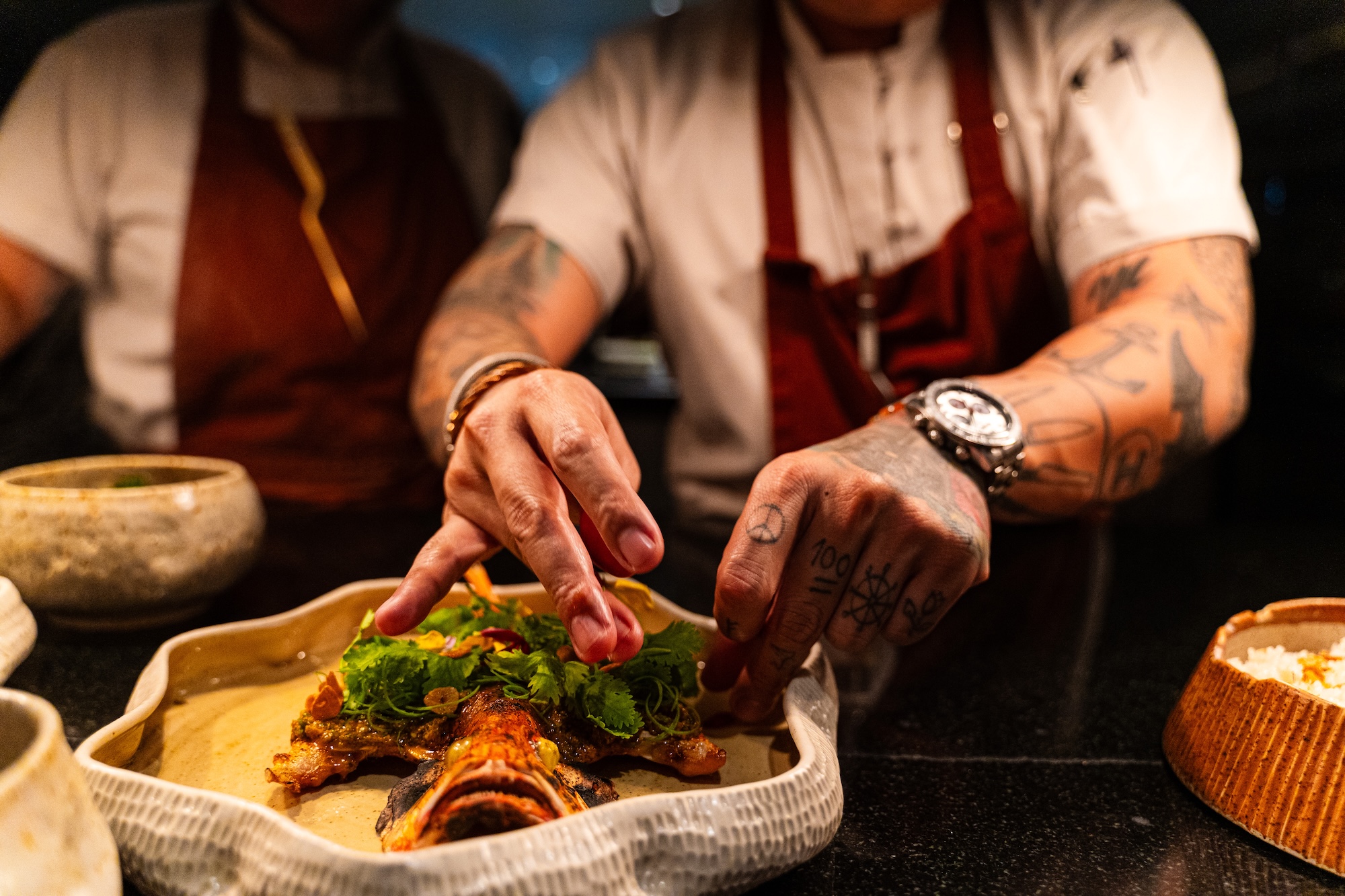In a business assessment survey conducted by the Inter-Agency Task Force (IATF) Technical Working Group for Anticipatory and Forward Planning in April 2020, 86 percent of 6,863 farmers and fisherfolk were able to continue agricultural activities despite the crisis—but only 65 percent managed to sell their produce. This blow on agriculture resulted in P94 million worth of loss in produce, majority of which came from Region IV-A followed by Central Luzon.
Limited supply has a direct effect on market prices and with two out of five Filipinos considered poor, the constant battle against food shortage and hunger only worsened during the pandemic. The country cannot afford agriculture to halt, especially in the middle of a crisis where it’s crucial to put forward agricultural initiatives that will keep the country’s head above water.
Farm to market link
With limited movement, farmers can’t regularly tend to their fields, which puts harvests at risk especially in the dry season. Now, farmers are turning to social media in an attempt to sell their produce while others had to give their crops for free instead of letting them rot. To address this, the Department of Agriculture (DA) established four supply chain clusters: two in Luzon and one each in Visayas and Mindanao. Government agencies and local government units (LGUs) will work together to segment agricultural products and seek potential markets for the local supply chain.
“With this pandemic, there is tightening of global food supply and we know that when there is not enough food, disorder is probable. While improving our food adequacy level, we should aim for food security. If no action is done, the threat of hunger is as real as the threat of the virus,” says DA Secretary William Dar.
Here are a few examples from Oxford Business Group to demonstrate how the system works:
- Farmers in Eastern Visayas are connected with public sector organizations. This includes the region’s medical center, the designated referral hospital for COVID-19 patients, who are LGUs themselves and are responsible for disbursing food packages (they also oversee the country’s jails).
- The city of Iriga in Camarines Sur also has a “Vegetable on Wheels” scheme in which a truck sells fresh local produce across the city’s 36 barangays.
- Agricultural enterprise Agrea launched a “Move Food Initiative” in some areas of Metro Manila that provides direct agricultural products from farmers to consumers via an online platform
The result? LGUs were able to purchase P1.6 billion worth of agricultural goods directly from farmers over a two-month period.
Peer-to-peer system
“We need to pay more respect to our farmers and fishermen. They’re always relegated to the bottom rung of our economy. They are among the poorest. The people who grow and procure life-sustaining and health-promoting food for us should be regarded just as [healthcare is] valuable,” says Hindy Weber of Holy Carabao Farms.
“We need to pay more respect to our farmers and fishermen. They’re always relegated to the bottom rung of our economy. They are among the poorest. The people who grow and procure life-sustaining and health-promoting food for us should be regarded just as [healthcare is] valuable,” says Hindy Weber of Holy Carabao Farms.
Seventy-five percent of the country’s population are unbanked, which means financing rural businesses can be challenging due to limited access to financial infrastructures. This results in people seeking monetary support from family instead of financial institutions. Informal lending channels are risky since they’re barely covered by legal grounds and are susceptible to impose higher interest rates, especially for farmers and agricultural workers with limited financial literacy.
As an alternative form of funding for agricultural workers, peer-to-peer lending through crowdfunding startups will provide investments in the forms of farmer education, enhanced input, and increased mechanization. Here are some systems:
- Cropital: A crowdfunding platform that allows investors to choose a local farm and then get a fixed-rate return on the investment depending on the harvest’s success. Aside from receiving financing, Cropital allows farmers to connect with insurance providers and agricultural training and resources, and even gain support from institutions from countries such as the US, Malaysia, and the Netherlands.
- FarmOn: A local startup whose alternative investments work by letting investors select a crop (instead of a farm) that allows farmers to acquire the necessary inputs and technologies. They will then share the profits of the crop 50-50 with the investor—a solution grounded on sustainable agriculture through mechanization and productivity
If more of these initiatives can get more push, the country’s agricultural production and linkages will continue to thrive despite the pandemic. For example, Nigerian startup Farmcrowdy’s crowdfunding platform connected small-scale farmers to finance in 2016. The following year (as well as in 2019), they were able to raise $1 million in seed funding. The farmers soon reached major processors and international buyers. The enterprise was also able to launch an e-commerce system (farmers were connected to consumers through a web platform and mobile application) right in the middle of the global crisis.
“Farmers are not getting the support they need, from governments or from consumers. There needs to be a shift in the way farmers are regarded across the globe. Farming is considered a lowly job. But in fact, it is one of the most noble and important jobs in the world. No farmer, no food. Simple as that,” says Karla Delgado of Kai Farms.
“Farmers are not getting the support they need, from governments or from consumers. There needs to be a shift in the way farmers are regarded across the globe. Farming is considered a lowly job. But in fact, it is one of the most noble and important jobs in the world. No farmer, no food. Simple as that,” says Karla Delgado of Kai Farms.
Imagine if the local system is able to channel major efforts to advance and shift the talk to Philippine agriculture as well as give credit where it is due. As an agricultural country, it is quite ironic to see that the people who work to keep the nation alive are held in low regard and something as essential as farming is taken for granted during a pandemic. The future of farming has to be secure and crisis-proof—we don’t need another global health crisis to help us realize that.










































